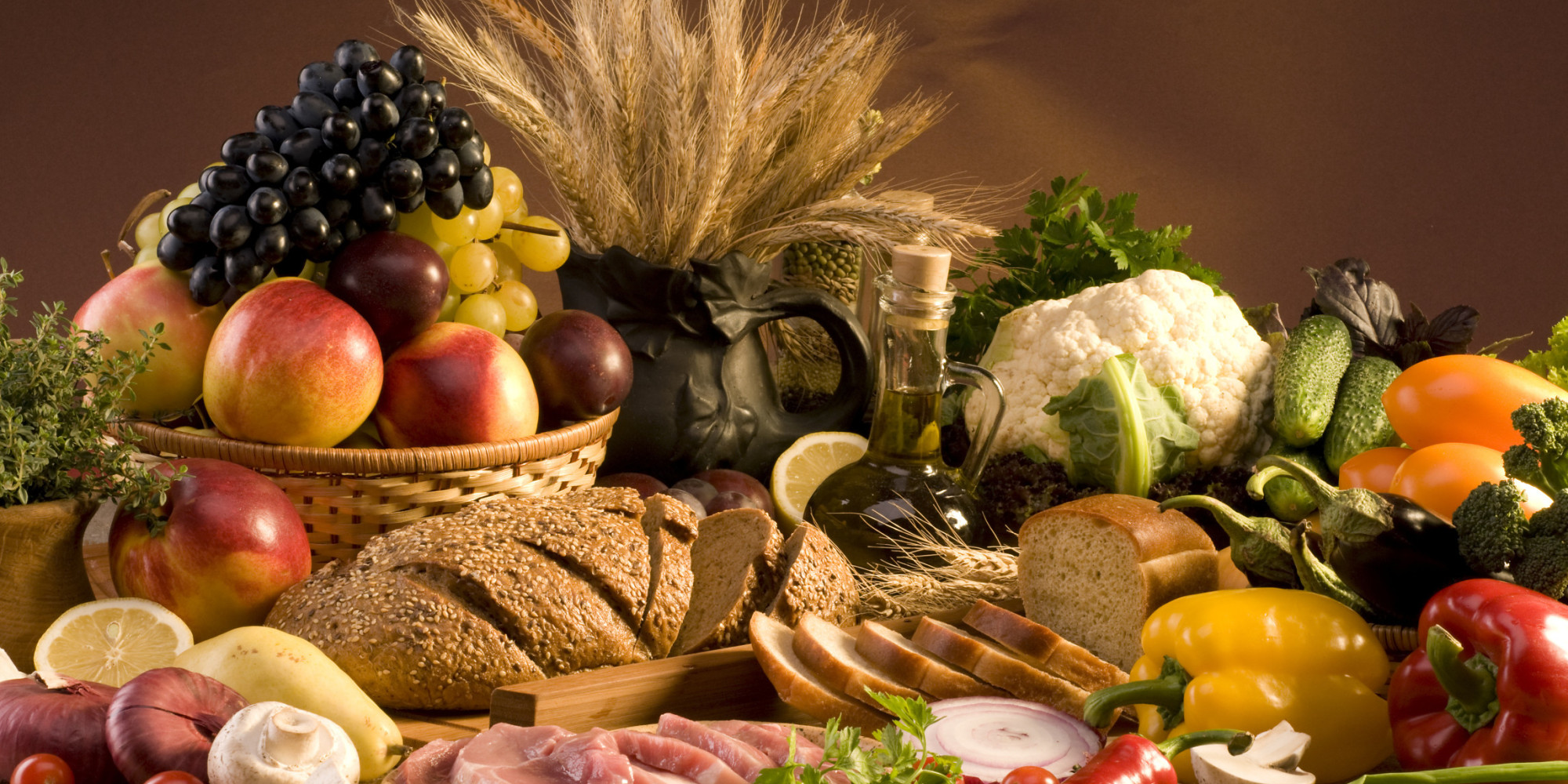
Definition
Dietary fiber represents the carbohydrates and lignin that are naturally present in plant foods and that are not digested and absorbed by the digestive system. There is another type of fiber called functional fiber, which consists in isolated carbs. Fibers help regulate gastrointestinal functions, reduces cholesterol, controls blood sugar and contributes to the feeling of satiety.
Distinction
Fibers can be divided into two categories: soluble and insoluble fibers, which are both needed by our body to function correctly.
Soluble fibers are the ones that are, obviously, soluble in water; when consumed, they soften and transform into a slimy substance that is smooth for our intestine. Soluble fibers are responsible for blood sugar regulation, cholesterol control and provoke a feeling of satiety.
Insoluble fibers are not soluble in water, which means that when consumed, they get waterlogged and inflate. Insoluble fibers help maintain our colon hydrated, ease digestion, prevent constipation and limit cholesterol absorption.
Most foods contain both soluble and insoluble fibers. Insoluble ones are usually found in fruits and veggies’ skin. Fibers can also have another characteristic that is important to stress: they can be fermentescible or not.
Fermentescible fibers produce bacteria in the colon, increase excrement and provoke bloating and gas, while non fermentescible fibers don’t ferment. Nutrients that are more likely to ferment are broccolis, cabbages, legumes, turnips, cauliflowers, lentils, peas and dry beans.
Caution
People who suffer from irritable bowel syndrome are more inclined to be sensitive to fermentescible fibers, because carbs’ fermentation can cause bloating and gas. If you suffer from this syndrome, avoid eating raw veggies, salads, nuts and grains, strawberries, kiwis, passion fruit (nutrients with small grains), sour nutrients (coffee, tea, orange, tomato and grapefruit juice, dark chocolate), spices (pepper, cayenne pepper, chili, curry, turmeric, ginger, dill, paprika, mustard, cumin).
Adding starch foods to your meals increases tolerance to raw veggies. But a salad meal is not advised if you suffer from irritable bowel syndrome.
Additionally, note that people who suffer from irritable bowel syndrome may also be intolerant to dairy and fructose.
Daily needs
Women’s daily intake of fibers should amount to 25g, while men’s consumption should come to 38g.
Consume more fibers
Sources of insoluble fibers: wheat cereals, whole grains, cauliflowers, kale, green peas, spinach, green beans, raspberries, apples, strawberries, bananas, blueberries, almonds, peanuts, legumes in general.
Sources of soluble fibers: oats, red beans, peas, oranges, grapefruits, mangos, Brussels sprouts, carrots, asparagus, onions and barley.


1 Comment